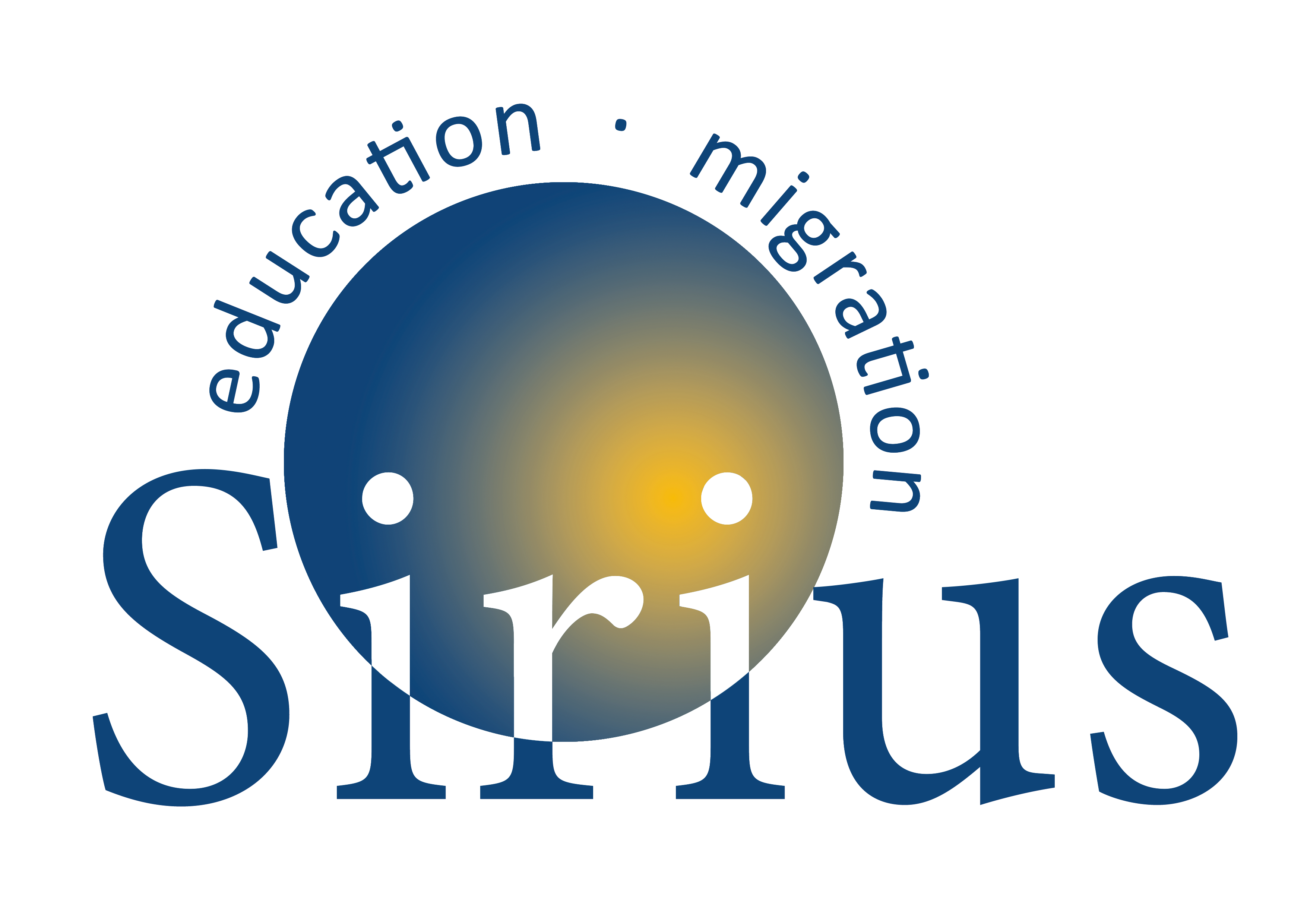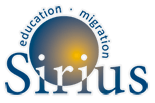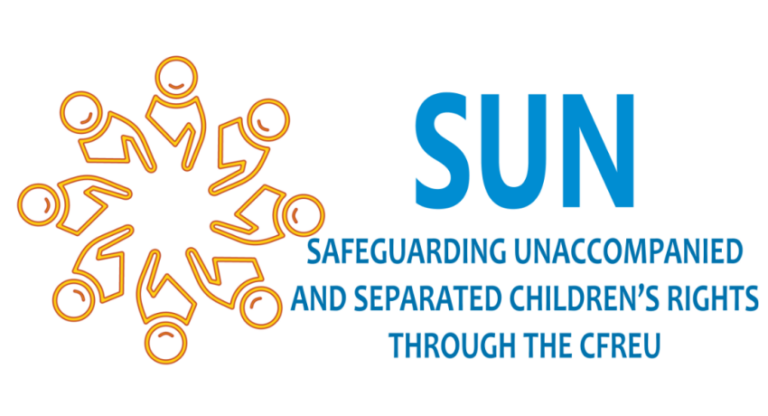
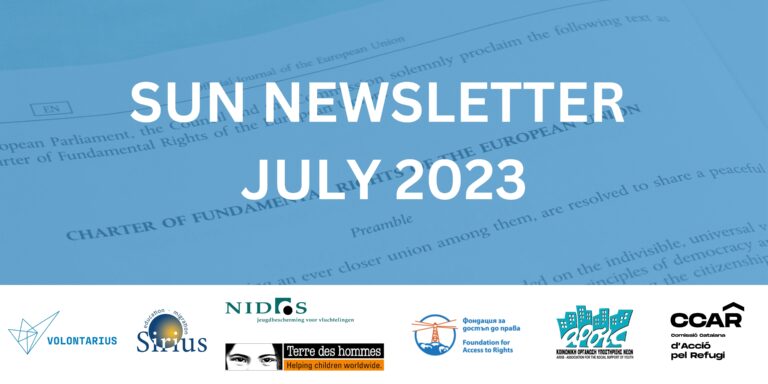
The SUN Newsletter
Welcome to the first SUN project newsletter! The SUN newsletter will be released regularly, providing updates on the project’s highlights, the achievements at different stages of its development, and news on unaccompanied and separated refugee and migrant children regulations and practices through the CFREU.
The SUN project focuses on the use of the EU Charter of Fundamental Rights as an effective legal instrument to promote and protect the rights of unaccompanied and separated refugee and migrant children (UASCs) on the EU territory. UASCs are a particularly vulnerable group due to their age, displacement and lack of a caring adult, and are at an increased risk of rights breaches and abuse. The aim of the project is to safeguard the rights of UASCs through the CFREU by fostering the transnational exchange of knowledge and good practices, training of practitioners and dissemination and awareness raising. The project is implemented by 7 partners from 7 different countries, including Bulgaria, Greece, Romania, Belgium, Netherlands, Italy and Spain.
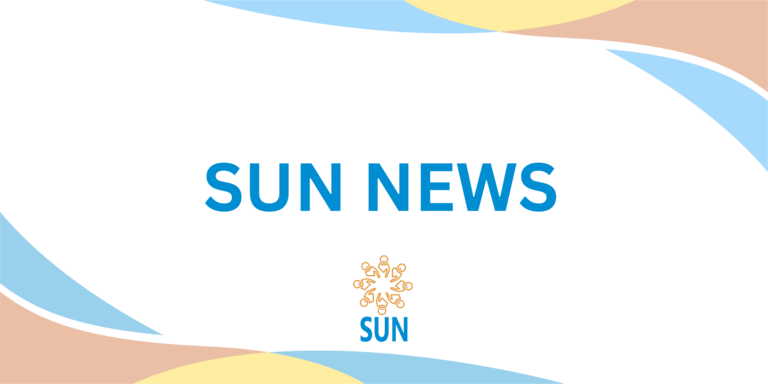
SUN Kick-off meeting
On the 12th and 13th of April, all the SUN project Kick-off meeting took place in Sofia.
Organized by FAR, the project’s coordinator, the two days meeting marked the official start of the project and provided the first opportunity for the entire consortium to meet in person.
Throughout the meeting, the consortium had the valuable opportunity to review the overall project strategy, gain a comprehensive understanding of the various working packages and project activities, and learn more about the consortium and its members.
On the second meeting day, the consortium had the chance to present the SUN project in the European Parliament representation in Sofia. Stakeholders from Bulgaria, the FAR team, and colleagues IOM and UNHCR attended the meeting. Each partner delivered an overview of the situation concerning unaccompanied minors in their respective countries, providing information about the challenges and mechanisms in different contexts.
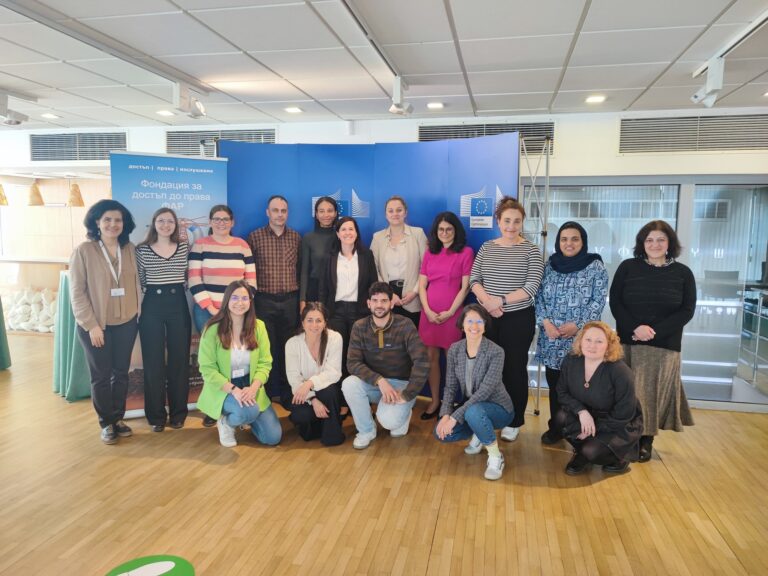
First SUN Exchange Visit in Thessaloniki
On the 22nd and 23rd of June, the SUN Consortium had its inaugural Exchange Visit in Thessaloniki, hosted by our project partners from ARSIS.
This visit marked the beginning of a series of planned exchange visits. The aim of these visits are to facilitate the exchange of knowledge and expertise among participating countries on the protection of unaccompanied minors and the application of the EU Charter of Fundamental Rights.
During the first day of the visit, ARSIS presented various practices they have implemented, including their National Emergency Response Mechanism, advocacy efforts, and the semi-independent living program for unaccompanied and separated minors. On the second day, we had some field visits to ARSIS’ semi-independent living offices, the National Emergency Response offices, and the vice-municipality of Social Solidarity.
The Exchange Visit provided an optimal experience for knowledge exchange and collaboration, enabling the consortium to gain deeper insights into the exemplary initiatives implemented by ARSIS.
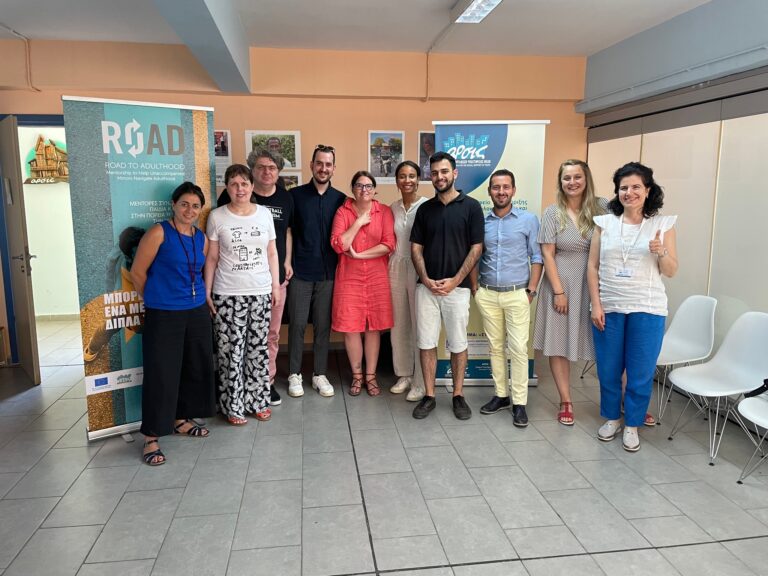
Next Exchange Visit in Italy
Our upcoming Exchange Visit is scheduled to take place in Italy in September, and it will be hosted by our partners from Gruppo Volontarius. Gruppo Volontarius manages the first Shelter for Unaccompanied Minors in South Tyrol, providing essential social services and case management.
During this visit, we will have the opportunity to delve into their work in supporting unaccompanied minors and witness their successful collaboration between social services and public authorities.
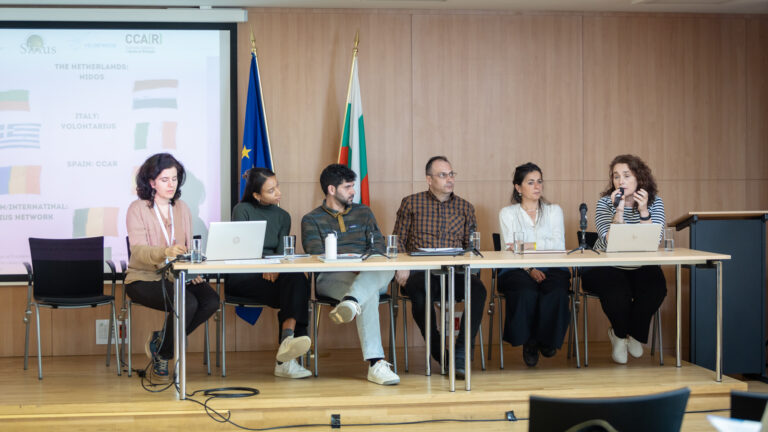
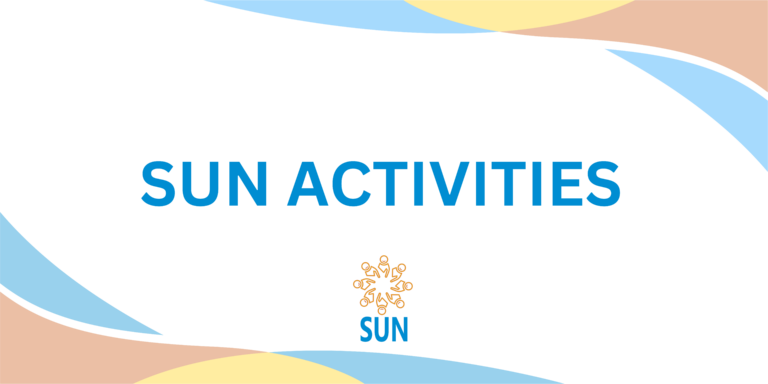
Research and Methodology: Identification of needs and of good practices
As part of Work Package 2, the consortium will conduct focus group discussions with the objective of identifying training needs and capturing good practices in the safeguarding of UAMCs rights through the EU Charter of Fundamental Rights.
After developing the methodology for the focus groups, a common framework has been established for conducting the training needs assessment and gathering good practices. Two distinct questionnaires will be used, one for each of the main target groups: minors and professionals.
The “minors” group will consist of UAMCs who are currently beneficiaries of the partner organizations, as well as young migrants and refugees who arrived in Europe as UACs and have had contact with the partners. The aim is to gather insights and experiences directly from the direct beneficiaries.
In relation to professionals, the objective is to engage representatives from various fields involved in working with UAMCs. This may include lawyers, social workers, teachers, guardians, authorities, and others who play a role in supporting and advocating for UAMCs. Involving professionals from diverse areas of expertise, will give us a comprehensive understanding of the challenges and best practices and training needs in safeguarding UAMCs’ rights.
Mentorship Programme and the Theory of Change
As part of the SUN project, partners are actively engaged in a mentorship scheme designed to facilitate the exchange of knowledge and foster communication between partners who possess extensive experience in social work with UASCs and those with expertise in strategic litigation.
During the Kick-off Meeting, partners were paired based on their specific knowledge and areas of expertise. Throughout the project, these pairs will regularly engage in meetings to share insights and support one another.
As an initial step in the mentorship program, partners are expected to prepare their “theory of change” plan by the end of the year. The theory of change model focuses on identifying the impact of one’s actions in order to achieve desired objectives. This plan serves as a roadmap for guiding project activities and aligning efforts to bring about meaningful change.
By actively participating in the mentorship program and developing their theory of change plans, partners will contribute to the overall success of the SUN project as well as creating strategic plans for achieving the objectives of their organizations.
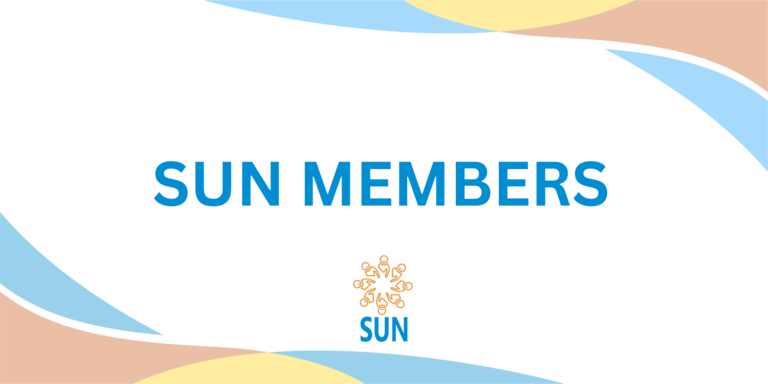
ARSIS-Association for the Social Support of Youth
ARSIS is a Greek Non-Governmental Organization (NGO) that is committed to providing crucial social support to young individuals who are facing difficulties or are in dangerous situations. The organization focuses on advocating for the rights of these vulnerable youth and strives to enhance their access to essential resources and opportunities.
ARSIS operates with the vision of creating a safe and inclusive environment where all young people can thrive and reach their full potential. They recognise the unique challenges and risks that many youth encounter, particularly unaccompanied minors, and aim to address their specific needs through their comprehensive programs and services.
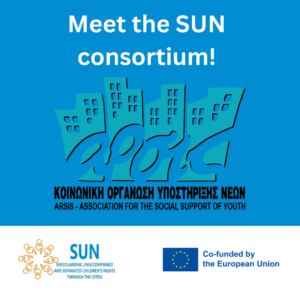
FAR-Foundation for Access to Rights
FAR is the lead organization in the SUN Project. FAR is a Bulgarian Non-Governmental Organization (NGO) in the public interest, founded by attorney-at-law Valeria Ilareva in 2013. It is dedicated to advancing human rights, promoting equality, and empowering vulnerable individuals and communities.
They provide legal aid and assistance to individuals who are unable to afford legal representation, ensuring that their rights are protected and upheld. This includes offering legal counseling, representation in court proceedings, and advocacy for systemic changes to improve access to justice.
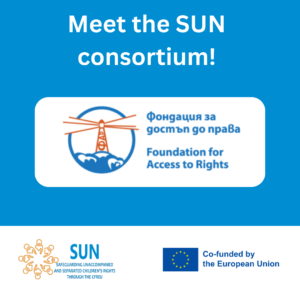
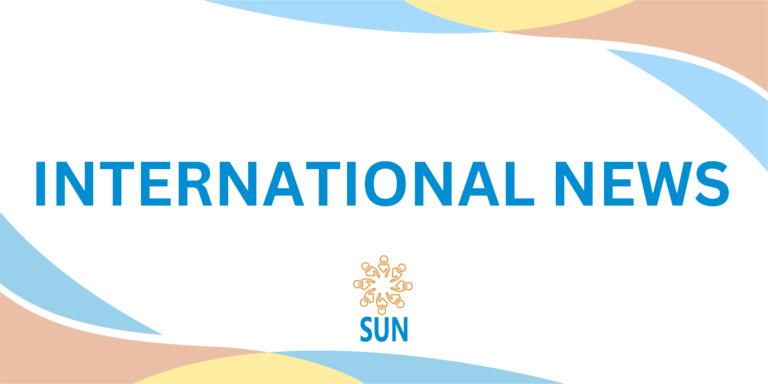
European Parliament resolution on the need for EU action on search and rescue in the Mediterranean
After recurring tragic loss of life in the Mediterranean, the European Parliament adopted a resolution calling for a new EU-wide search and rescue mission. In the recent shipwreck of 14 June 2023, when a fishing boat sank in the Ionian Sea off the coast of Pylos, Messenia, Greece an estimated 750 persons were onboard, of whom 104 were rescued, with 82 bodies having been recovered and the rest missing, presumed dead.
According to UNICEF, during the first half of the year, 289 boys and girls died while crossing the Mediterranean Sea to reach Europe, or double the number compared to the same period in 2022.
The European Union Agency for Asylum 2022 report
The European Union Agency for Asylum – EUAA published its flagship report: Asylum in Europe in 2022: A Year in Review.
The report cites over 1 000 sources and combines both qualitative analyses and quantitative data in order to provide an authoritative resource for both practitioners and policy makers. It features a section on Children and people with special needs in the asylum procedure (section 5). More specifically, section 5.6.1 provides data on unaccompanied minors. According to the report in 2022, 42,000 applications for asylum were lodged by unaccompanied minors across EU+ countries (EU27 + Iceland, Liechtenstein, Norway and Switzerland), which was the most since 2016. This represented an increase of three-fifths from the previous year, slightly exceeding the growth in total applications (+53%).
Fundamental Rights report 2023 by European Union Agency for Fundamental Rights
European Union Agency for Fundamental Rights has published the Fundamental Rights report 2023.
Chapter 8 of the report, p. 207 features the topic of the rights of children in migration. According to the report, 222,100 children applied for asylum in the EU27 in 2022, whereas 167,495 applied in 2021. In 2022, the highest numbers of applications were submitted in Germany (81,210), France (34,070), Austria (22,190) and Spain (20,580). There was also a substantial increase in asylum requests from unaccompanied children with 39,520 applications in 2022. In 2021 there were 25,130 such applications.
In addition, a separate chapter of the report (Chapter 1, p.4) focuses on the fundamental rights implications for the EU of the War in Ukraine.
FRA offers a free online courses, including courses on the EU Charter of Fundamental Rights and a course on Guardianship for unaccompanied children. For more information visit the e-learning centre of FRA.
